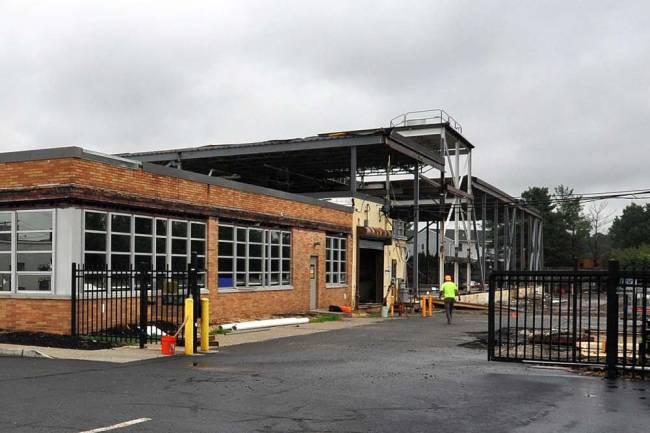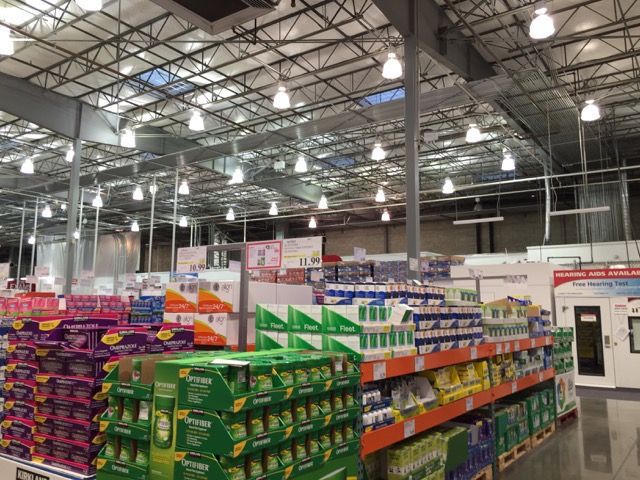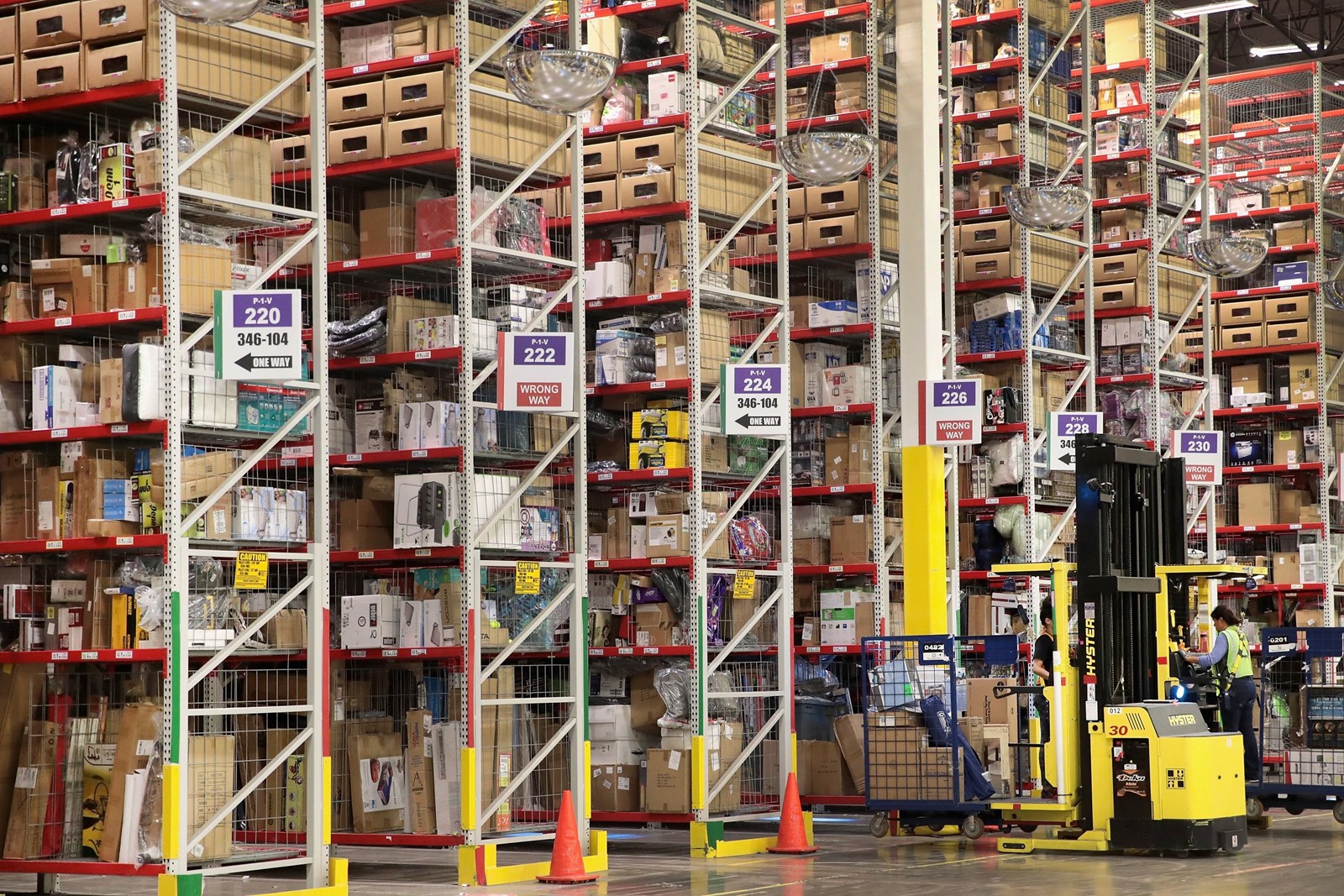Clifton business improves prospects with a higher roof
Another New Jersey project completed by ROOFLIFTERS. More and more real estate developers are realizing the enormous cost savings in lifting an existing building’s roof.
Source: Northjersey.com
CLIFTON – In an effort to re-tenant the 200,000-square-foot building vacated by a pharmaceutical manufacturer in 2013, a real estate company recently completed a $10 million construction upgrade that raised its roof height to 27 feet.
Previously the home of GlaxoSmithKline before the drug maker vacated the 11-acre property at 65 Industrial East in November 2013, Tulfra Real Estate closed on the property a year later, purchasing the property for $4.3 million. The property, which is expected to be ready for use by next month, is being marketed as a lease or sale to a single tenant such as a food processor or manufacturer.
Sonny Jumani, president of Tulfra, said the company filed for permits last December and spent the next three months on demolition.
“Inside the factory Glaxo had a huge amount of catwalks, conveyor belts, pipes, some offices and other industrial parts. They made toothpaste in there for 50 years,” Jumani said. “It was very expensive to rip out all of that.”
In addition to the purchase price, the company spent an additional $10 million on the eventual demolition, construction and roof lift. However, real estate companies say the cost savings of raising a roof as opposed to building a new facility can run in the millions of dollars.
“Topping out the building to the new clear ceiling height is an important step in the process of re-tenanting the site,” said Lloyd Tulp, managing member of Tulfra Real Estate. “The New Jersey industrial real estate market remains exceptionally strong, and we saw this acquisition and repositioning as an important opportunity.”
The lift itself took about five months and was completed in August. The low-rise Industrial East building previously had a peak height of 17 feet but current 27-foot ceilings will provide its future tenant with a tremendous increase in storage space.
Converting a one-story building into a warehouse relies upon hydraulically lifting a roof which weighs hundreds of tons 10 feet in the air.
The first stage involves the undressing or stripping of the building’s insides down to its bare bones.
Before the lift begins, workers then construct a temporary support system which will serve as the shoulders the roof will sit on once it is separated from the building. Then, approximately 100 remote-controllable crib posts are used to support the weight of the roof during the lift.
Once everything is in place, the support beams are cut and the entire building is separate from the roof’s perimeter. In some spots, the roof must be physically separated from the walls. Leaving even the slightest piece of steel attached to the roof could compromise the lift’s success.
The process is slow-going with the roof lifting at about 6 inches every hour. For the Clifton facility, that means the lift is conducted over the period of almost 24 full hours. Once the roof reaches its new height, the lift is stopped and the new steel columns are installed before the crib posts are removed. After the space between the new clear roof peak and old roof height is walled in and filled, the building’s exterior is complete.
Jumani likened the process to that of jacking up a car but instead of using one jack, Tulfra needed 100 jacks all lifting together at the same time.
He called it a “fascinating” feat of science and engineering.
Tulfra previously purchased two buildings on Clifton Boulevard that were sold in 2014. The first, 10 Clifton Blvd., is now the home of Polymer Technologies. The second, 200 Clifton Blvd. is the former home of Butterfly Bakery which was purchased after a federal judge shut down the factory in 2013 for illegally distributing snack foods that were found to be inaccurately labeled according to standard product testing.
“On a scale from one to 10 I’d give Clifton an 11,” Jumani said. “They’re a pleasure to work with because Clifton is a very business-friendly town. So, it’s fulfilling to know that you’ve done something that is not purely for the sake of developing properties. Of course it’s a huge bonus to know that we made a modern facility which can bring in employees who work and spend money in town.”
Tulfra specs show the building was built in 1954 and, according to City officials, the site was assessed at $6,892,700 and brought in about $342,000 in property taxes in 2013.
After operating for nearly 60 years in Clifton, GSK shut down the factory two years ago, opting to move its 165 employees north to Oak Hill, N.Y.
GSK, which produces Aquafresh and Sensodyne toothpastes, submitted a WARN layoff notice to the state’s department of labor which included an effective date of June 30, 2014 or the end of the fiscal year.
Email: gicas@northjersey.com





